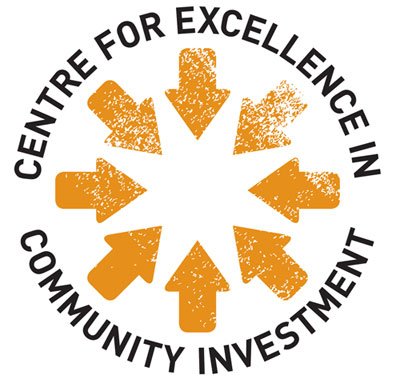
Fuel poverty: how the housing sector has helped
By Robert Sugden, Head of Communities, HACT
HACT has distributed almost £1 million worth of fuel vouchers over the past nine months, by working collaboratively with other housing sector partners.
More than three million households across the UK are in fuel poverty. The pandemic has only made things worse: over half a million people were pushed into fuel poverty last winter and more than two million have fallen behind on their bill payments, according to recent research.
Cold homes are not only uncomfortable; they’re dangerous. Living in an unheated home increases your risk of a heart attack, breathing problems or a stroke.
Social housing tenants, who are on lower incomes, are more vulnerable to fuel poverty and many have faced desperate decisions this year, often between “eating or heating”. It’s clear that as a sector, we need to do more to tackle fuel poverty for the collective health of our residents and communities.
At HACT, we’re proud of the steps we’ve taken in that direction.
By collaborating with the Energy Savings Trust, Scottish Government, the Scottish Federation of Housing Associations (SFHA) and hundreds of housing associations across the UK, we’ve distributed more than £1 million worth of fuel vouchers over the past six months to social housing residents in need.
Working with the Energy Savings Trust, between September and the end of November 2020 we successfully distributed 5981 vouchers worth £262,778.40 to social housing residents across England, Scotland, and Wales.
In January this year we saw an even greater demand for the Energy Savings Trust’s second round of fuel vouchers. Working in partnership with voucher provider Charis we distributed a further 7855 fuel vouchers worth £351,769.80 to 4,775 social housing households across the UK in just seven weeks.
On the back of our work with the Energy Savings Trust, we successfully applied to the Scottish Government’s Social Housing Fuel Support Fund, which runs a similar model of PayPoint and Post Office fuel and cash vouchers with the focus of this fund being to reach Scottish social housing tenants impacted by the pandemic.
In partnership with the Scottish Federation of Housing Associations (SFHA) and a network of over 40 housing associations, we helped to distribute £350,000 of fuel vouchers to households across Scotland between March and April this year.
Thanks to the networks of housing associations we’ve built up through the Centre for Excellence in Community Investment and HACT’s work with the sector over sixty years, we were able to reach and mobilise a partnership of over 100 housing associations within days. This grew to over 160 across the two programmes.
HACT managed the administration and monitoring of the fund, and working with Charis, set up a dedicated online portal, giving our housing association partners round the clock access to fuel and cash vouchers on behalf of their residents. We provided one dedicated point of contact, through which we were able to connect with a network of locally trusted partners across the UK, many of whom were proactively engaging their tenants through welfare calls and ongoing financial inclusion and hardship support.
The funding has also prompted housing associations to offer other services which sustainably support their residents around fuel poverty and related issues, such as offering additional advice and support around switching energy provider, making energy efficiencies around their homes, access to debt specialists, alongside advice and guidance on managing their finances more effectively.
We’ve been overwhelmed by positive feedback from our housing association partners about what a difference the vouchers have made to the lives of their residents.
Key to the success of our funding roll-out has been working in collaboration with our partners to distribute funds quickly, and to the households who need it the most. Indeed, the volume of fuel support we’ve been able to offer to housing associations and their residents shows just how well placed the housing sector is to reach communities who are in the most need of support.
The issue of fuel poverty, however, is not resolved simply. We’re looking at ways we can continue to bring the housing sector together around fuel poverty and are committed to working creatively and in partnership to develop more sustainable solutions to the experience of poverty more generally.
If you’re interested in working with us around issues of fuel poverty, please contact Rob Sugden.


